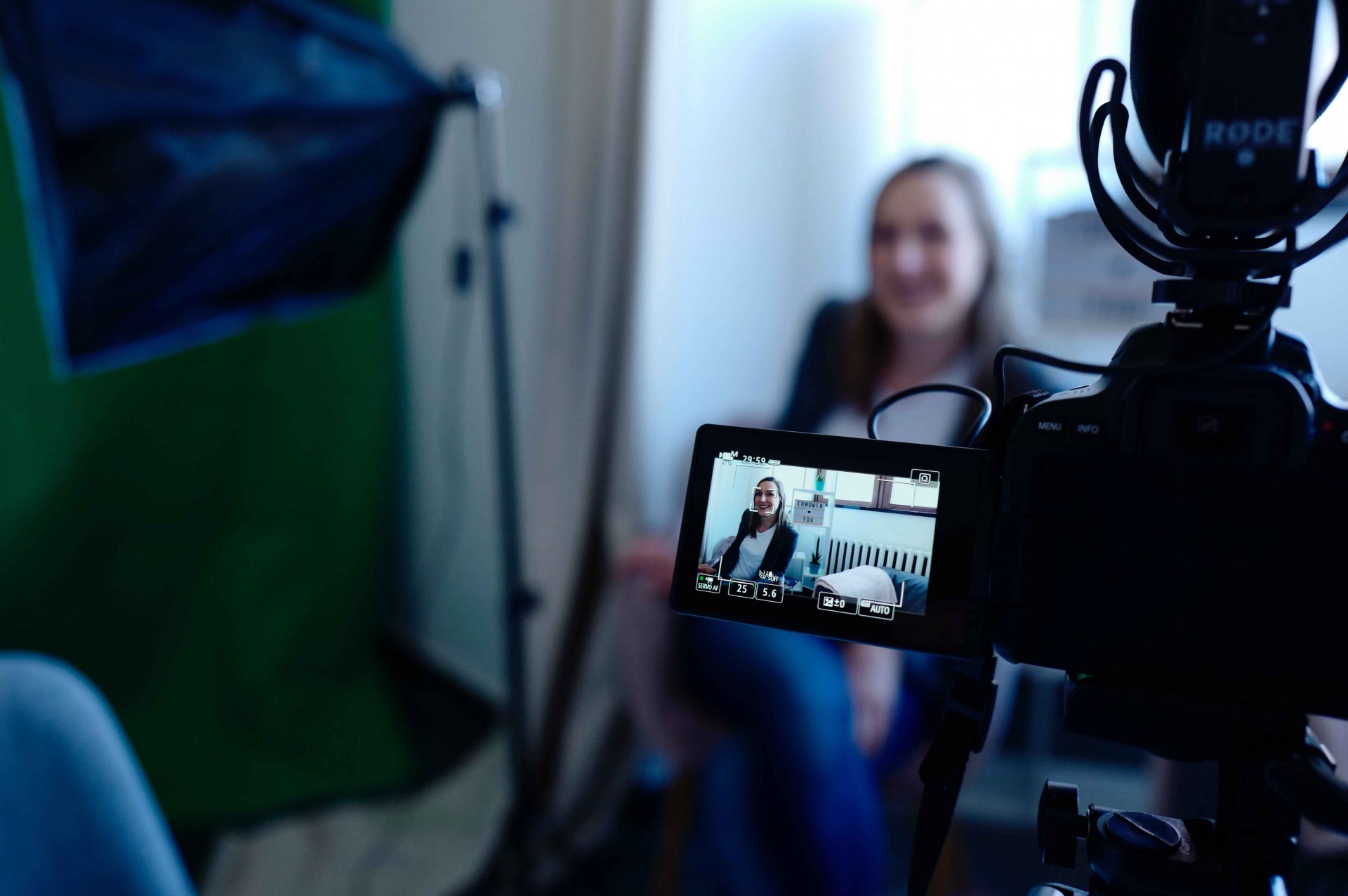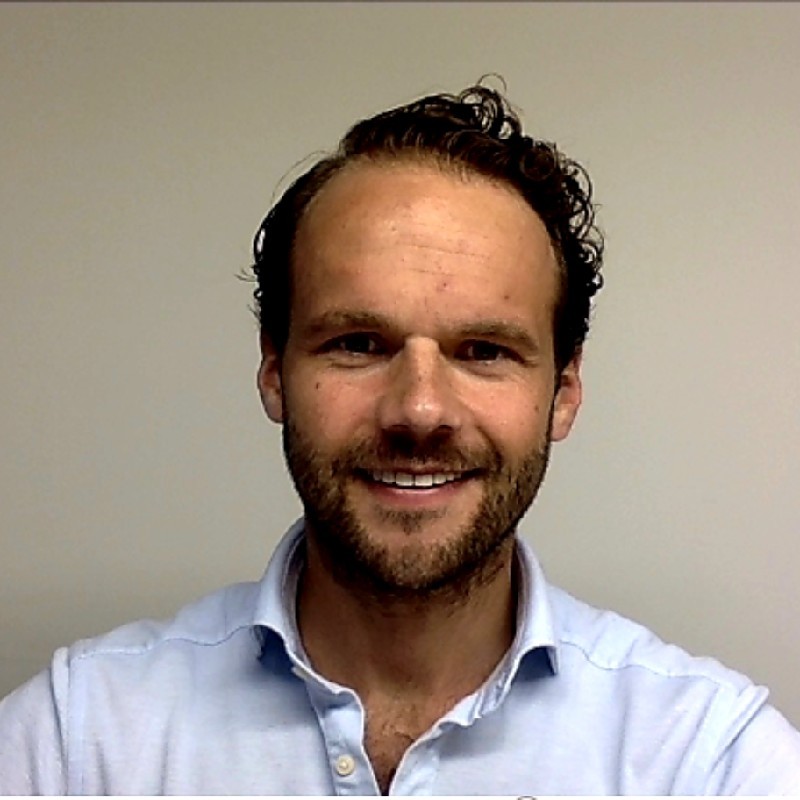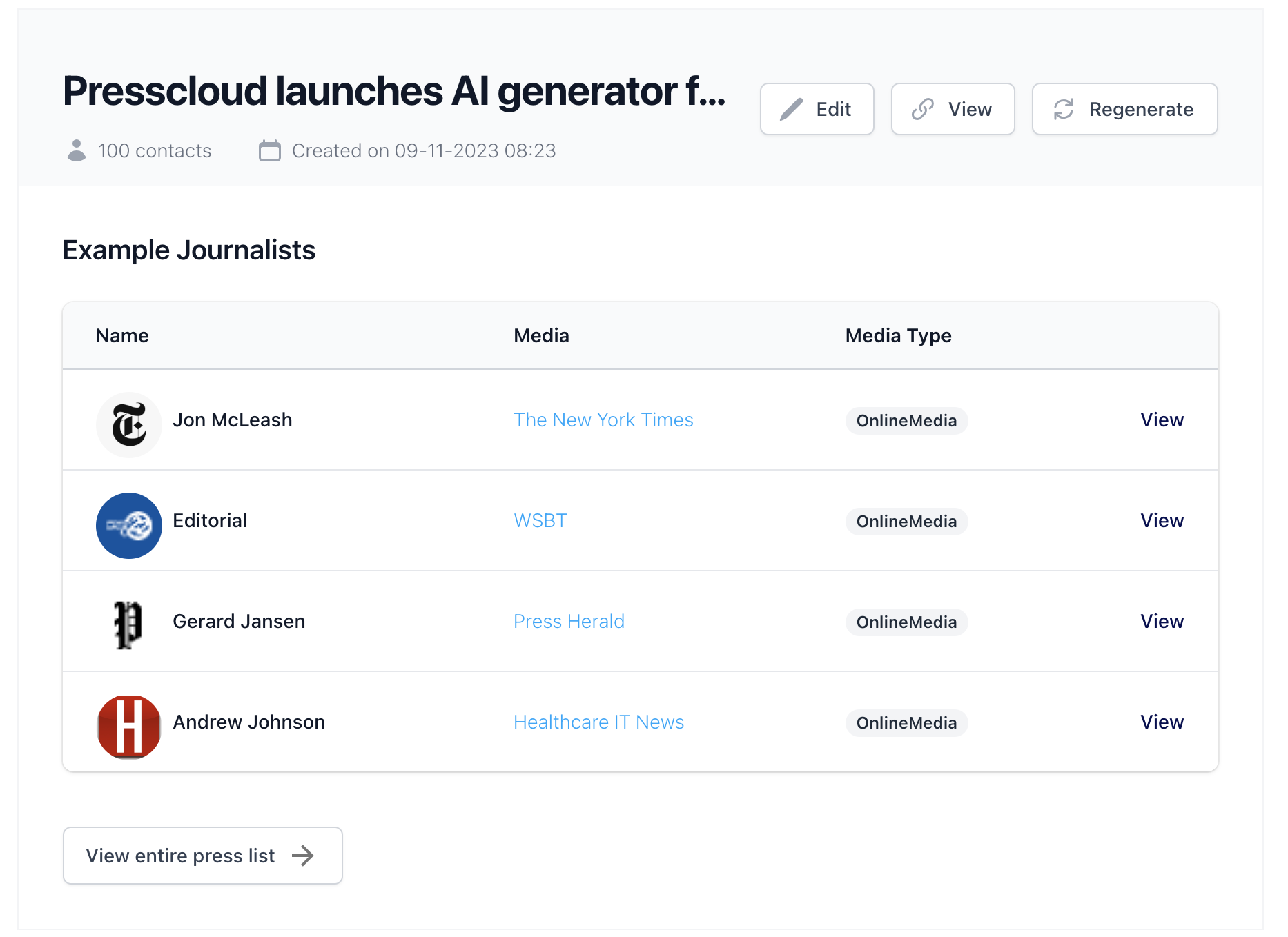A lot can go wrong during an interview. I'm telling you this not to scare you, but to ensure you prepare for the worst that can happen. Don't fall into these pitfalls.
Pitfall 1: Responding to everything
Of course, you feel honored that your opinion and vision are being asked for. That's very normal. Let's not beat around the bush: unless you're very humble, there's a good chance that you'd be eager to share your opinion on every topic. This is also because it's hard to say no to a journalist. During an interaction with the press, it is difficult not to want to please the journalist and cheerfully chat about every subject that comes up.
By engaging in every topic, there is less room left for the message you want to share. Plus, there's the risk of getting into a conversation where you know less than the reporter. In short, you're quickly on thin ice. And that's not what you want during an interview.
Pitfall 2: Forgetting the audience
One of the greatest challenges during an interview is keeping in mind the audience. In a (live) interview, you are not only talking with the journalist but also (and especially) with his or her readers, viewers, or listeners.
This means that you don't have to respond to everything. If someone pronounces your name incorrectly, there's no need to correct it live on the radio. By cracking a joke, you can defuse a situation. Do not affront a journalist or presenter – that is far from sympathetic. Explain things in an understandable way, also for the audience that reads along, listens, or watches. Sometimes an example in a conversation can be clarifying or natural. But that same example, when placed in a different context, can give a wrong impression. So be careful: it's easy to clip out a fragment or quote selectively.
Pitfall 3: Forgetting your core message
After fifteen minutes, you're back outside the building of BNR. You've shared your insights on the startup ecosystem. Or you've shared your vision on the way logistics students are currently being prepared for the labor market. Yet, you have the feeling you've forgotten something.
Part of such a story (about the future of logistics students or the startup ecosystem) is the sender. Always explain why you are worried about a particular problem. In this case: if logistics students do not acquire enough knowledge of technical solutions, they are not well-prepared for the (digital) future of the logistics sector. As an innovator in this sector, you (rightly) worry about this. Bridge the gap between the sender and the message and make it explicit, so it's also clear for the inattentive reader or listener.
Pitfall 4: Going along with false dichotomies and suggestions
Anyone who has seen an interview with Sven Kokkelman (look him up) knows how treacherous an interview can be. Sometimes it's a meeting of two minds who want to have a good time. Sometimes an interview is the verbal equivalent of a sumo wrestling match: quite slippery, rarely fun to watch, and not over until there's a clear winner.
If dealing with such an interviewer, it is vital not to get drawn into the false dichotomies that he or she sets up or the suggestions that are made. It's easy to get carried away and want to please the other person by agreeing with a comparison that, in retrospect, you don't support. One way to build in some thinking time is to repeat the question at the beginning of your answer. Kenneth Vermeer, former goalkeeper of Ajax and Feyenoord, did this for years, and it resulted in entertaining videos. Just make sure not to always use this technique – unless you fancy ending up on Dumpert.
Pitfall 5: Viewing an interview as an exam
It's totally normal to feel a bit tense before an interview. It's just a shame to see an interview as an exam. It unnecessarily makes the conversation tense. Remember: you're invited or interviewed because you're an expert in a particular field, and the journalist is eager to share your opinion, knowledge, or vision with their audience. So, you're already 1-0 up.
In addition, there are tricks to remove tension from a conversation. If you feel cornered, you're allowed to say so. If a question becomes too personal, you could pose the question back. This way, you remove the chill from the air.
A journalist has a different interest than you, as they are looking for unique and appealing truths. You mostly want to make your company more well-known. By focusing on the common interest (sharing knowledge or inspiring/activating with a stimulating vision), an interview becomes less tense.




